Academics
We inspire talented and curious students by encouraging intellectual exploration, fearless analysis, and the pursuit of bold new questions. Through our uniquely UChicago curriculum and style of teaching, we engage young minds with formative ideas and approaches in an environment where they are challenged by leading scholars—and taught to challenge in return.
-
Collegiate Divisions
-
68 Majors & 57 Minors
- Data Science
- Environment, Geography and Urbanization
- Fundamentals
- Molecular Engineering
- Neuroscience
-
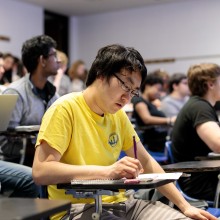
The Core
The Core curriculum serves as a foundation for coursework in major fields of study—and for a lifetime of intellectual inquiry
-

Advising
Working with undergraduates to achieve academic and post-graduation goals
-
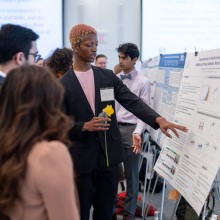
College Center for Research and Fellowships
Promoting academic excellence through scholarly undergraduate research and national fellowships
-
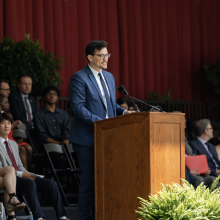
Honors and Awards
Recognizing our students’ exceptional scholastic and extracurricular performances
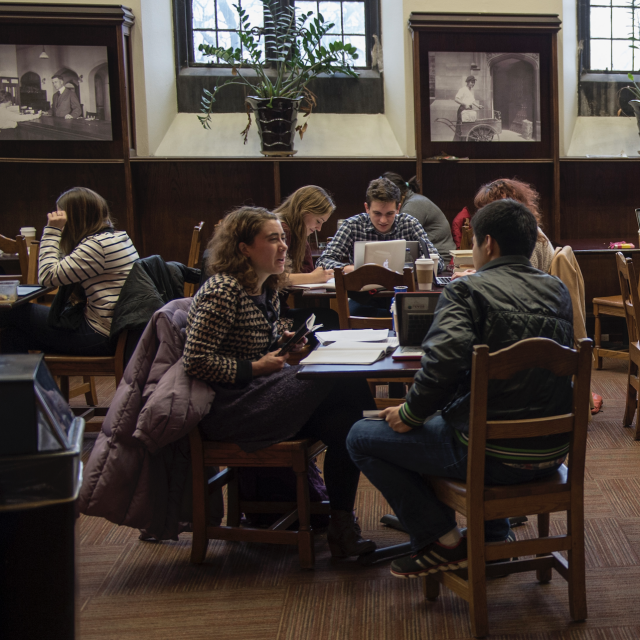
Academic Supports
Through every step of the undergraduate experience, UChicago provides academic supports to ensure students achieve their full potential.
Quick Links
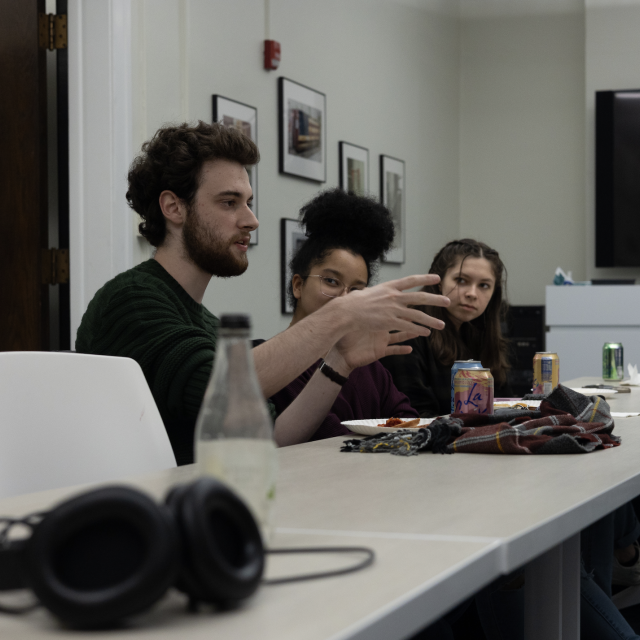
Programs
Programs
The College provides students with opportunities to further their intellectual development both in and beyond Hyde Park. Programs and experiential learning opportunities engage students in immersive activities to deepen their knowledge of the world around them by connecting classroom teaching to lived experiences. Learn more here.